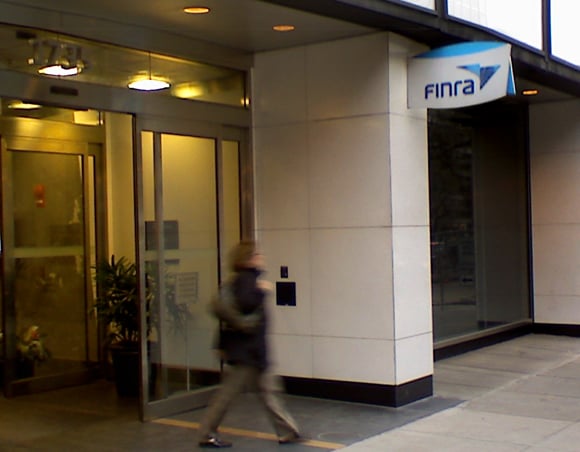A study released today by several investment-adviser interest groups shows that advisory firms would pay more than twice as much if they were overseen by a self-regulatory organization as they are under the Securities and Exchange Commission.
The
report by the Boston Consulting Group addresses the question of whether the SEC should be empowered to raise funds for more adviser examinations by fees. It would cost between $6 million and $8 million to prepare for additional exams, and the annual cost would be about $240 million to $270 million annually. The average annual fee per firm for examinations would be $27,500.
If advisers were regulated by the Financial Industry Regulatory Authority Inc. — something Finra has been pushing for — the annual total membership cost would jump to between $550 million and $610 million. Of that, between $200 million and $255 million would be used for start-up costs to create a Finra mechanism for conducting adviser exams. The cost per firm would be $51,700, according to the Boston Consulting Goup.
It would cost $255 million to $310 million to establish a brand-new SRO. The annual cost would be between $610 million and $670 million. Individual advisory firms would pay more than $57,400 in membership fees.
“The BCG study presents a compelling economic case to keep oversight of investment advisers at the SEC,” Kevin Keller, chief executive of the Certified Financial Planner Board of Standards Inc., said at a news conference in New York. “We believe this report will have a significant impact on the policy debate.”
RELATED ITEM The secrets of less-successful advisers »:
Finra disputed the findings, however. “The cost projections in this study of Finra becoming the SRO for investment advisers are wildly inflated,” Finra executive vice president Howard Schloss said in a statement. “The methodology is flawed and not clearly explained. And the fact that the Boston Consulting Group never asked to sit down with Finra or the SEC to discuss projected costs of IA oversight is evidence this study was never a serious attempt to explore costs."
The Boston Consulting Group conducted its economic analysis based on publicly available research, studies and reports. In addition, the consulting firm conducted 40 interviews with advisory firms, industry organizations, former regulators and experts, consultants said.
But it should be noted that most investment advisers do not support an SRO — particularly if it's Finra. An accompanying online survey of 424 investment advisers shows that 81% prefer SEC oversight to Finra, which currently is the regulator for broker-dealers. When asked to compare a new SRO to Finra, three-fourths of the advisers said that they would rather be overseen by the new entity.
Indeed, four industry groups that helped sponsor the study — the CFP Board, the Financial Planning Association, the Investment Adviser Association and the National Association of Personal Financial Advisors — oppose an SRO for advisers.
The economic analysis and survey comes nearly a year after the SEC delivered a study to Congress that offered three options for increasing adviser examinations. One would allow the SEC to charge user fees. Another would establish one or more SROs. The third option would expand Finra's reach to include investment advisers who are dually registered as brokers.
Each choice requires congressional authorization. In September, House Financial Services Committee Chairman Spencer Bachus, R-Ala., released draft legislation that would establish one or more SROs. A formal bill was expected this month. But its introduction has been pushed back until spring, according to Mr. Bachus' aides.
The SEC's adviser oversight study was mandated by the Dodd-Frank financial reform law. The agency has said that it lacks the resources to provide robust adviser oversight. In fiscal year 2011, it examined only 8% of the nearly 12,000 advisers registered with the agency. Advisory firms can go 11 years without getting an SEC review.







